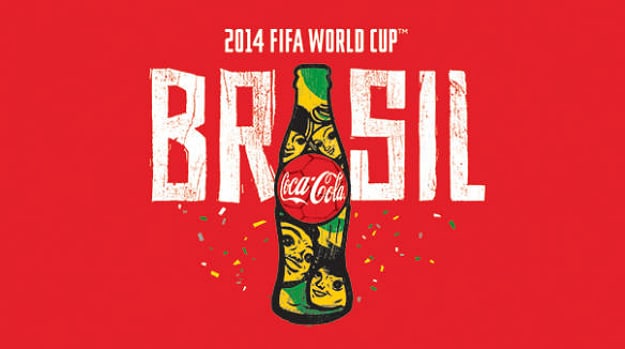

All our favourite and most successful brands need a rapid spurt of growth to establish themselves at business’ top table and, from there, need further bursts of energy to maintain their position.
First and foremost a brand needs a strong product or service to fall back on. Selling snake oil is not a pursuit that will get you far in life. But that alone is clearly not good enough. Plenty of people have good ideas that don’t get the success that they deserve from it.
What’s needed is a good plan to spread the word and create a buzz around a product and service. A strong idea could, with successful marketing, deliver rapid market growth and long-lasting success. But how does this work in principle?
Sponsorship of sporting events is a great example of how brands look to deliver growth to establish or consolidate their success.
There are several factors at play here. Firstly, sporting events have a global audience – reaching viewers and markets that could otherwise be tough to tap into and spreading awareness rapidly during the month or so that the action plays out. This taps into emerging and established markets alike.
Secondly, the biggest and best of these events – such as the upcoming Rugby World Cup in England – have a certain star power. By being associated with top-tier sports, businesses are putting their name alongside a product that is considered high quality. It’s an important – and worthwhile – connection.
Thirdly, such events offer marketing opportunities. Sales of televisions often soar during sporting events, while snacks go down well among fans who are likely to be glued to their armchairs and in need of nibbles at arms reach.
Lastly, these events have the capacity to spread a wider financial feelgood factor through an economy. The Wimbledon tennis tournament in 2013, for example, coincided with a 5.1% jump in the value of shares in the FTSE 100.
So, it’s easy to see why many see many choose sponsorship to achieve rapid growth. Over a short, sharp period you have access to a huge market, sales opportunities and an association with quality.
Coca-Cola is perhaps the most famous and most relevant example of a company that has used an event for advertising to profit and prosper. The soft drinks giant is FIFA’s main sponsor and has sponsored both the 2010 and 2014 World Cup competitions in South Africa and Brazil respectively.
Clearly for Coca-Cola, also a partner at this year’s Rugby World Cup, the boost it requires is to stay ahead of the game rather than establish itself. It is the rugby tournament’s biggest brand – with a $180 million market cap – yet does not rest on its laurels of spotting further opportunity to cement its power as a top brand.
Sponsorship clearly isn’t the only route to rapid market growth but, as a case study, it shows how brands can tap into the power and reach of a sporting event to achieve it. Star brands need a sprinkling of stardust. Sport and sponsorship can deliver it.
The Rapid Market Growth Of Our Favourite Brands?
Cybersecurity is no longer a task for governments and large corporations in the connected world…
Fame is a powerful force that extends beyond a celebrity’s lifetime. Icons like Marilyn Monroe,…
In an era where sustainability, transparency, and corporate responsibility are paramount, businesses are under mounting…
In today’s fast-paced and competitive business environment, managing intellectual property (IP) is more crucial than…
Working in tight or confined spaces is one of the most common challenges in modern…
Ever wonder why some people have effortlessly glowing skin while others struggle? The secret isn’t…